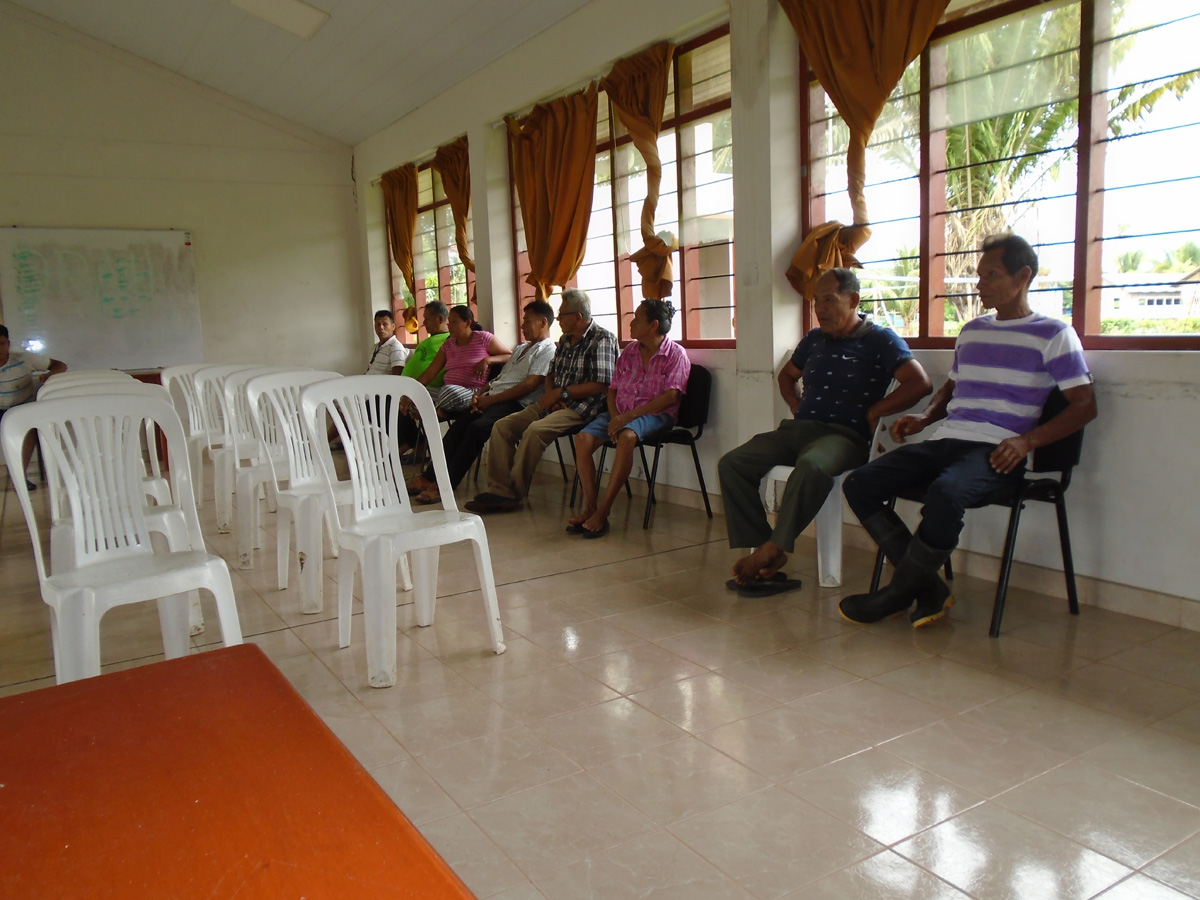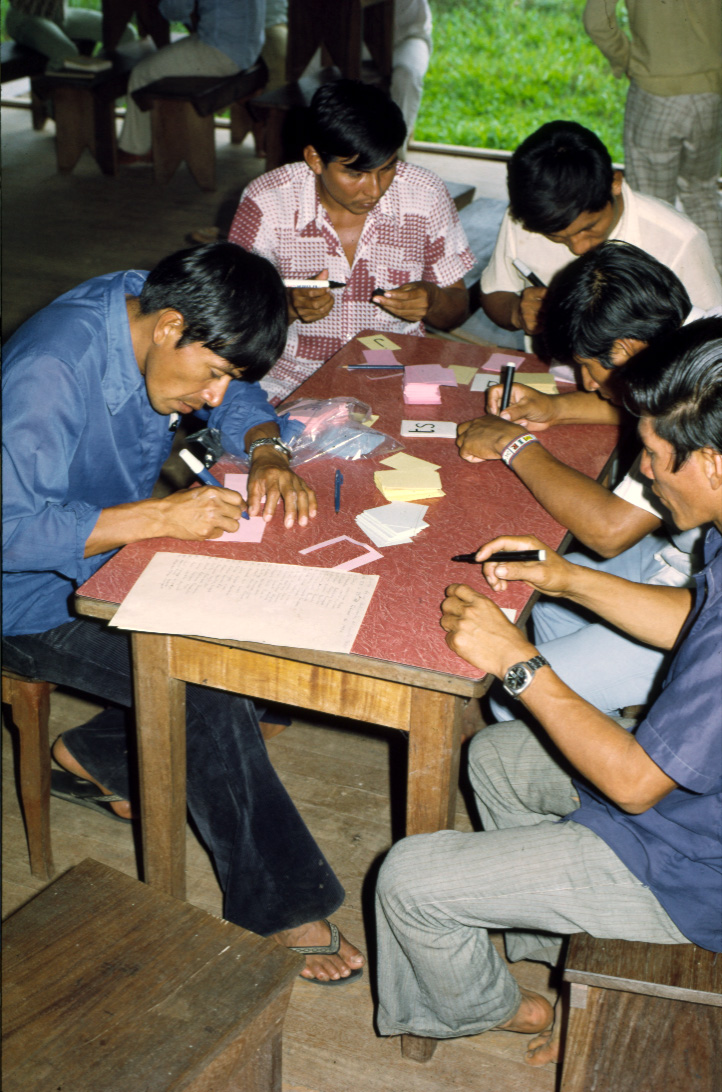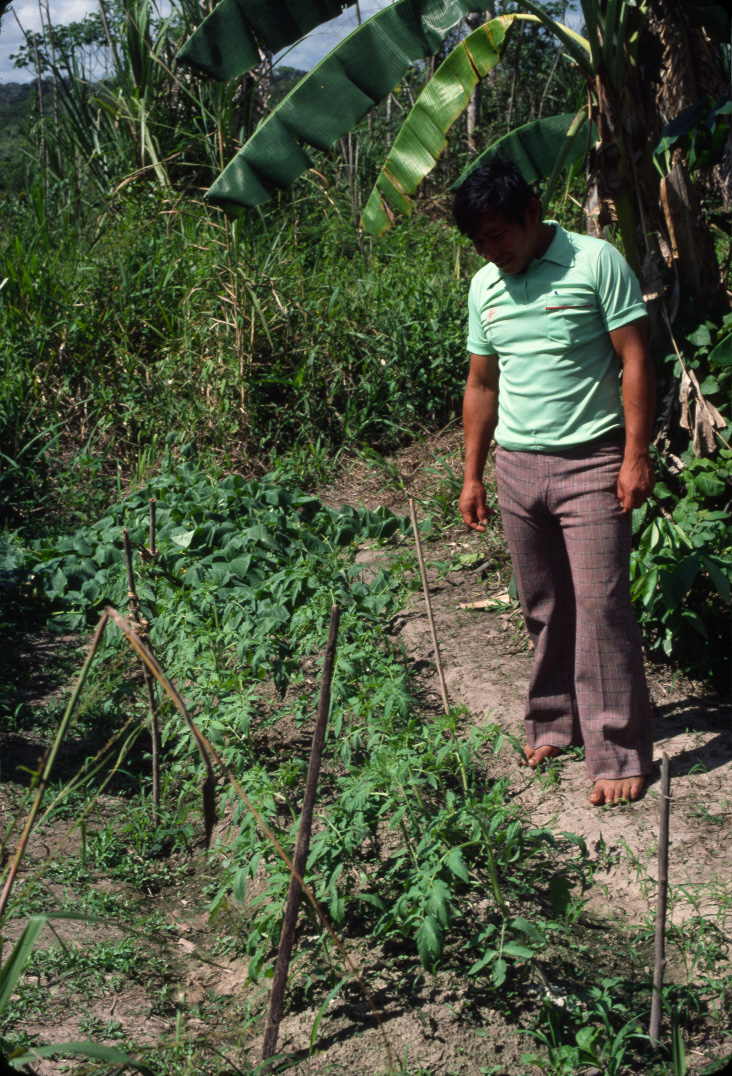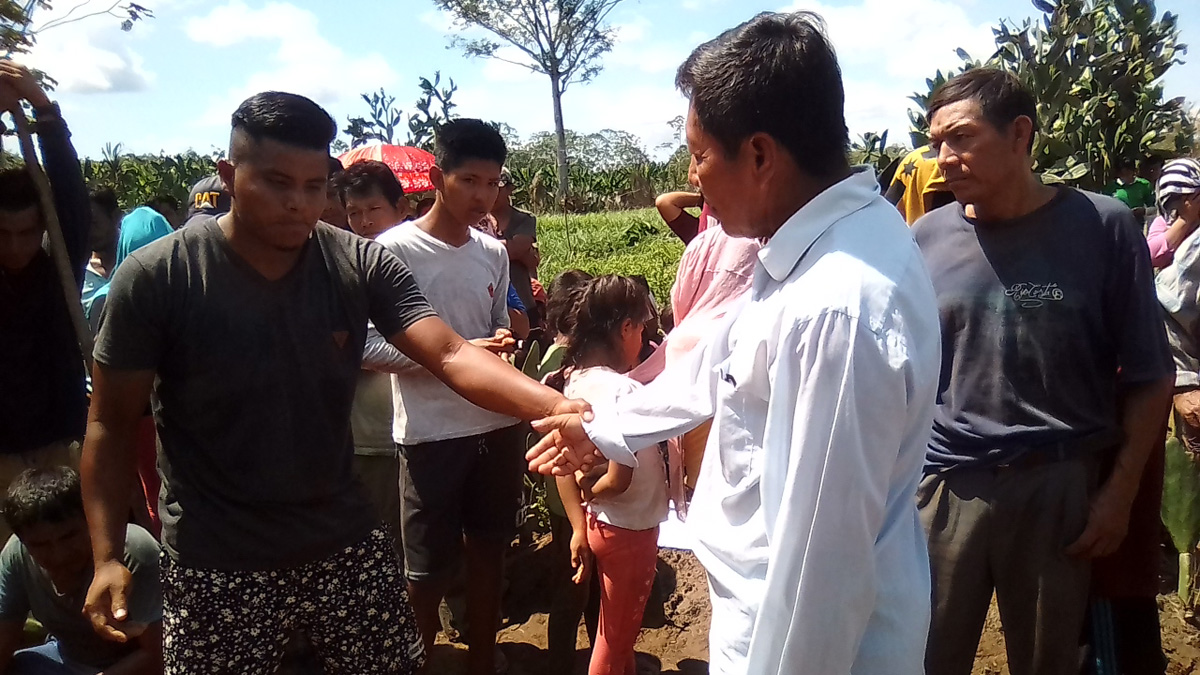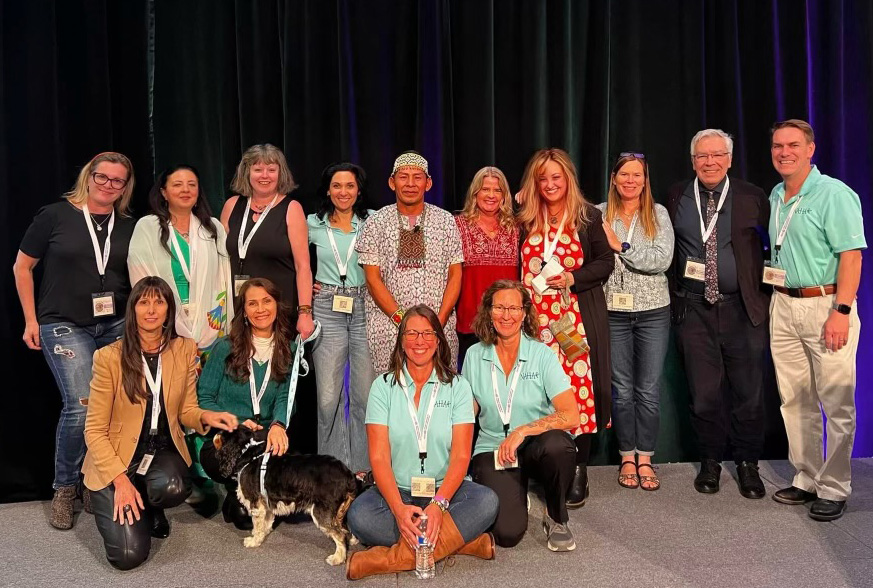The Toucan Project, addresses the urgent need for sustainable development in the face of environmental challenges such as deforestation, habitat loss, species extinction, and climate change.
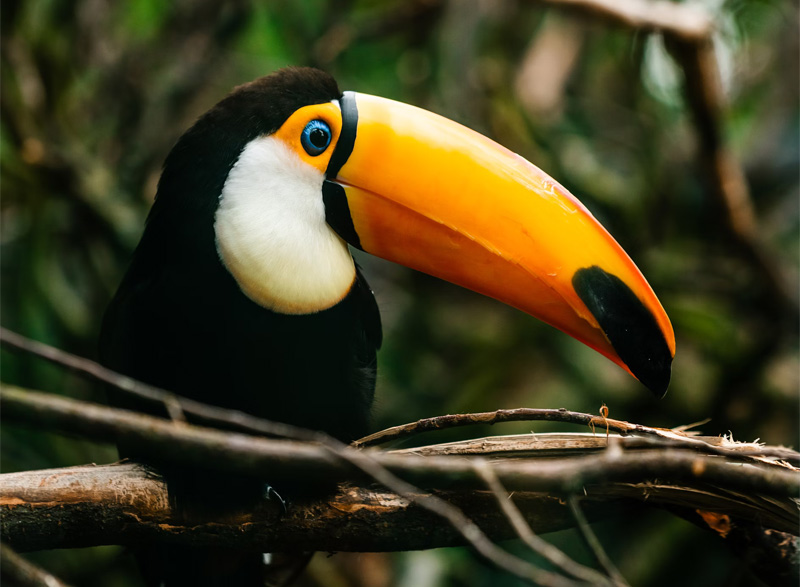
The Toucan Green Skills Initiative, a subproject of Airmid Institute’s Toucan Project, addresses the urgent need for sustainable development in the face of environmental challenges such as deforestation, habitat loss, species extinction, and climate change. The initiative focuses on education which aims to educate and train young people from Indigenous communities, particularly the Shipibo Konibo of the Peruvian Amazon, in sustainable living practices, ecological design, and the preservation of cultural traditions and biodiversity.
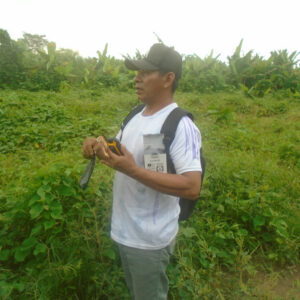
Lead Instructor and Manager of the Toucan Green Skills Initiative, Adler Paredes Pacaya of the Shipibo-Konibo People.
The curriculum covers fundamental concepts of permaculture, natural resources management, sustainable economy, and ethical principles such as caring for the Earth and people, and fair distribution of resources. Participants will learn about natural construction, local food systems, disaster recovery, community design, and seed conservation. Training also emphasizes personal empowerment, leadership, communication, and conflict resolution.
Upon completion, students will be equipped to develop sustainable projects, educate others, and apply ethical principles in agricultural design. The training is designed for young Indigenous people with limited economic resources who are interested in environmental conservation and sustainable growth. We are working to have certification of the training, officially recognized by the Peruvian Ministry of Education.
This initiative is a response to the global need for balance between human activity and environmental preservation. It offers a holistic approach to sustainability, combining traditional knowledge with modern practices to create a more sustainable and equitable world.
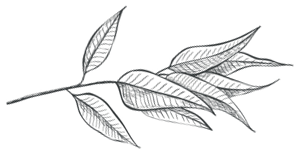
Gallery

Latest Update
February 1, 2024
NAHA Beyond Aromatics Aromatherapy Conference
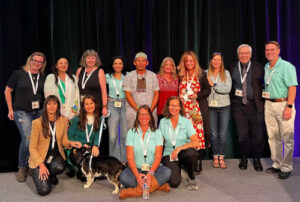 Peruvian Shipibo Adler Pacaya Paredes and Dr. Kelly Ablard were honored to co-present “Preserving medicinal and aromatic plants: an Indigenous perspective” at the NAHA World of Aromatherapy XI Beyond Aromatics V Conference in Salt Lake City, UT. They highlighted the significant challenge humanity faces with the environmental impacts of climate change on essential oil- and carrier oil-bearing plants and emphasized the crucial role of Indigenous peoples and their traditional ecological knowledge in preserving these plants.
Peruvian Shipibo Adler Pacaya Paredes and Dr. Kelly Ablard were honored to co-present “Preserving medicinal and aromatic plants: an Indigenous perspective” at the NAHA World of Aromatherapy XI Beyond Aromatics V Conference in Salt Lake City, UT. They highlighted the significant challenge humanity faces with the environmental impacts of climate change on essential oil- and carrier oil-bearing plants and emphasized the crucial role of Indigenous peoples and their traditional ecological knowledge in preserving these plants.
The presentation, which shed light on the vital contributions of unnoticed Indigenous communities, received an emotional standing ovation and led to a generous $5,000 donation from the NAHA Board of Directors in support of Airmid Institute’s Shipibo-led Toucan Project. The funds will be used for the Toucan Green Skills Initiative, a 90-day sustainability agent training program for Shipibo individuals, focusing on ancestral cultivation techniques, ecology, agroforestry, and conservation efforts. Airmid Institute will establish a Shipibo-only partner committee in Peru to oversee the training and work towards official recognition from the Ministry of Education, ensuring that the sustainability agents receive certification upon completion. Airmid Institute extends its gratitude to the dedicated NAHA Team for their unwavering support, which has made a significant and positive difference for these remarkable Indigenous communities.


